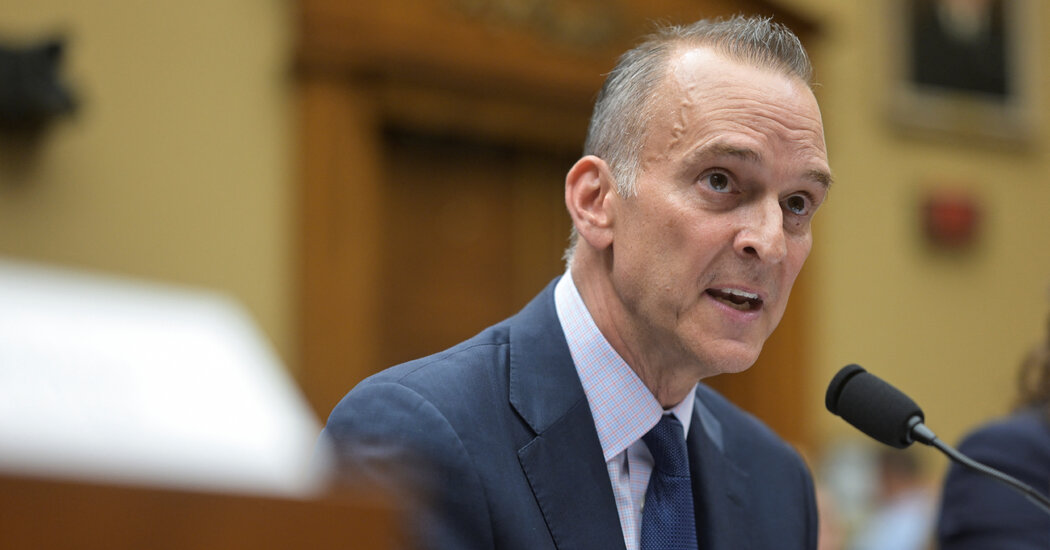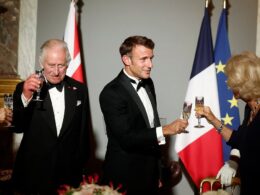In the tumultuous final weeks of Donald J. Trump’s presidency, he signed into law, with little fanfare, bipartisan legislation that gave the United States vast new powers to police doping at competitions like the Olympics.
The law authorized the Justice Department to criminally prosecute coaches, trainers, doctors and sports officials from around the world involved in facilitating doping, even if the event was held outside the United States.
Nearly four years later, simmering anger among global athletic authorities about use of the law has exploded into public conflict. That has left the Olympic and antidoping movements unsettled as the Summer Games prepare to open on Friday in Paris and raised new questions about the reach of U.S. law enforcement powers abroad.
The Justice Department is continuing to investigate whether Chinese antidoping authorities and the World Anti-Doping Agency — the organization, known as WADA, that is supposed to ensure a level playing field in sports — covered up the positive tests of nearly two dozen elite Chinese swimmers who went on to win medals at the last Summer Games.
,
Some of those swimmers are competing again in Paris.
The backlash from the investigation intensified on Wednesday when the International Olympic Committee announced that it had awarded the 2034 Winter Games to Salt Lake City. The award came with a stunning catch: The committee, deeply unnerved by the U.S. investigation, insisted on the right to rescind the decision if the United States continues to take actions “where the supreme authority of the World Anti-Doping Agency in the fight against doping is not fully respected.”
The move set up a situation in which the bid may be contingent on the results of a Justice Department and F.B.I. investigation and led to new salvos between two camps. On one side are the I.O.C. and WADA, and on the other are Travis Tygart, the head of the United States Anti-Doping Agency, Congress and advocates for athletes.








